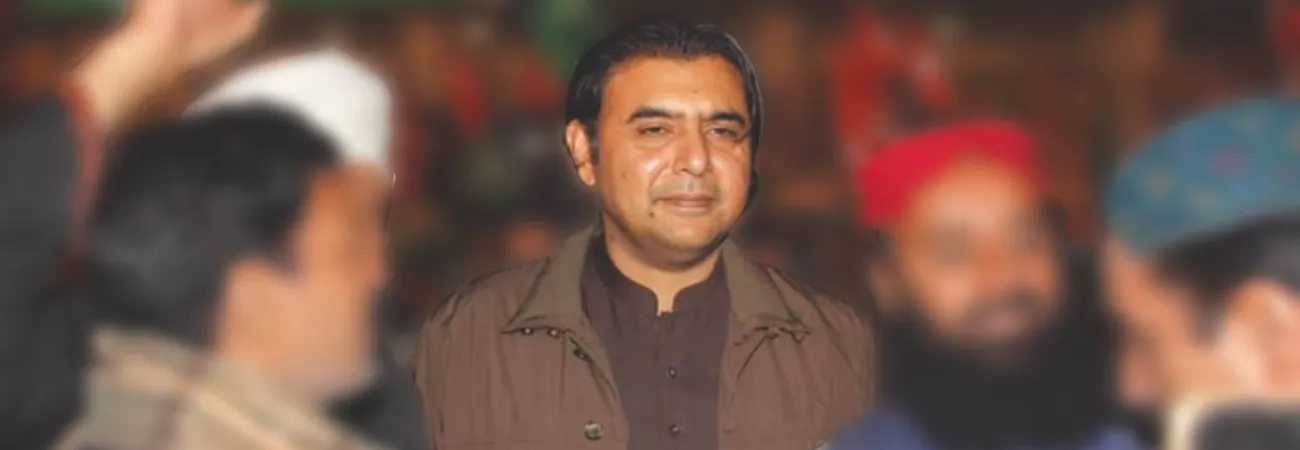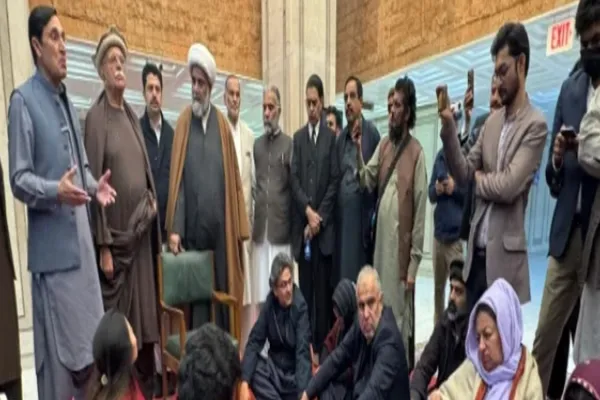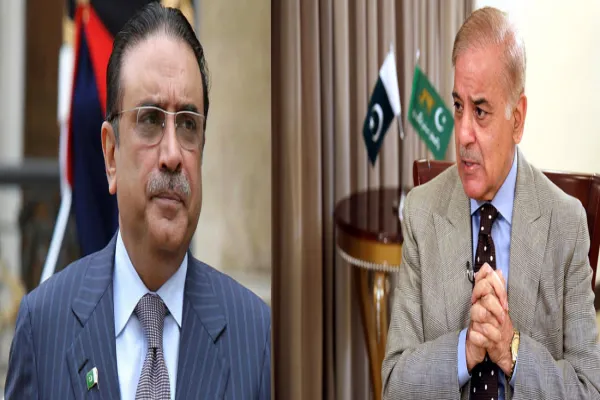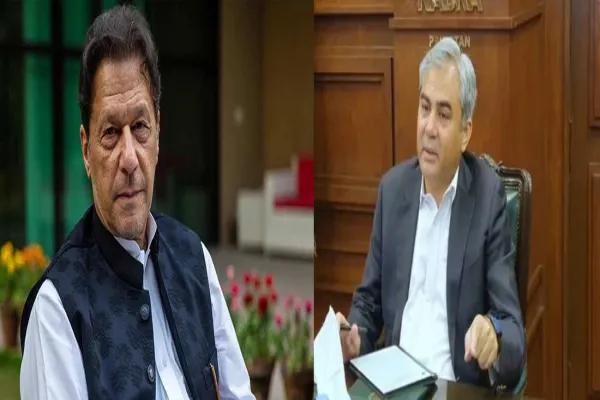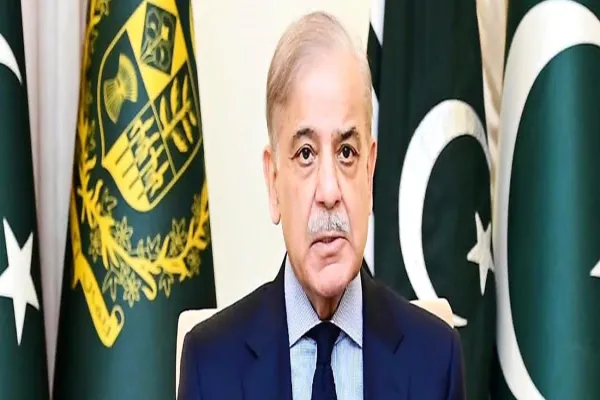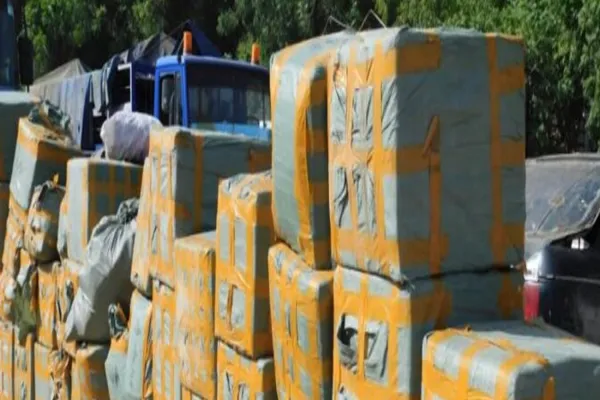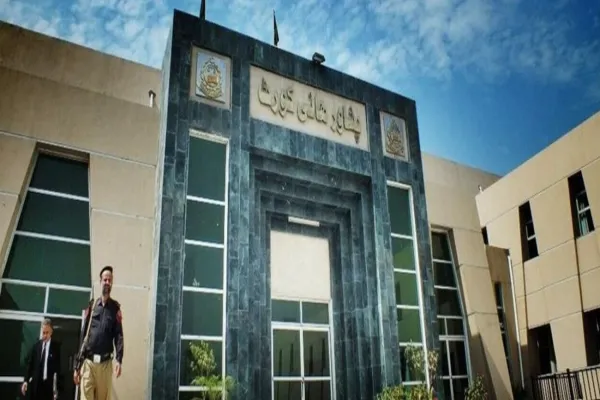i NEWS PAKISTAN
In a recent appearance on a local news program, political leader Mustafa Nawaz Khokhar raised concerns about the ongoing legal challenge to the 26th Constitutional Amendment, urging the Supreme Court to take a more impartial approach. Khokhar emphasized that the Constitutional Bench itself, which was formed as a result of the 26th Amendment, should not be the one to hear the petition against it. He called for a full court to be constituted to ensure fairness and transparency in the proceedings. The 26th Amendment, which altered the process of Senate elections, has been a point of contention, particularly regarding how votes were allegedly manipulated during the election of certain members. Khokhar specifically pointed to the case of Akhtar Mengal, whose votes were reportedly broken to secure a two-thirds majority for the government in the Senate.
The opposition has questioned the legitimacy of these actions, and Khokhar has called for a judicial inquiry to investigate the manner in which the votes were cast, citing that the government’s votes were insufficient for the required majority. Reflecting on Pakistan’s constitutional history, Khokhar also invoked former Prime Minister Zulfiqar Ali Bhutto's stance on the unlimited powers of parliament. According to Bhutto, the parliament holds supreme authority under the constitution, though Khokhar noted that this power has since been "reduced" in practice. He further raised the question of whether the parliament has the right to enact laws that could potentially violate human rights, calling for a broader discussion on the powers of elected institutions and their responsibility toward the public.
Meanwhile, Federal Adviser on Political Affairs, Rana Sanaullah Khan, also weighed in on the political situation during his appearance on the same news program. Khan condemned violent rhetoric from opposition leaders, particularly former Prime Minister Imran Khan, whose party has faced accusations of inciting violence. Khan criticized the use of aggressive language, warning that such behavior could lead to unnecessary confrontations. He highlighted that while political loyalty is important, calling on supporters to take violent action crosses a dangerous line. Referring to statements made by Khan and his party, Khan argued that threatening violence could prompt harsh responses from the state, which holds the exclusive authority to manage such situations through its agencies.
Sanaullah Khan called for peaceful political struggle within the bounds of democracy, asserting that individuals have the right to engage in parliamentary and political action without resorting to violence. He also warned that any violent actions would be met with firm administrative action, reinforcing the state’s monopoly on force. The debate over the 26th Constitutional Amendment and the current political climate continues to divide opinion, with key figures from both sides of the aisle calling for transparency, justice, and peace in Pakistan’s political processes.
Credit: Independent News Pakistan



